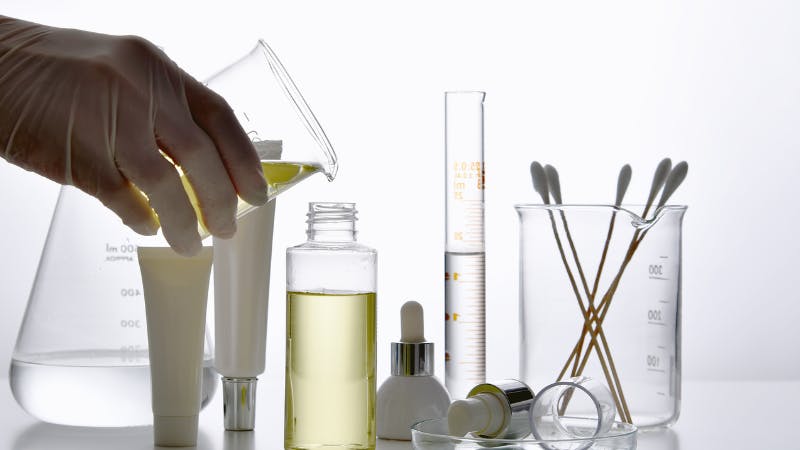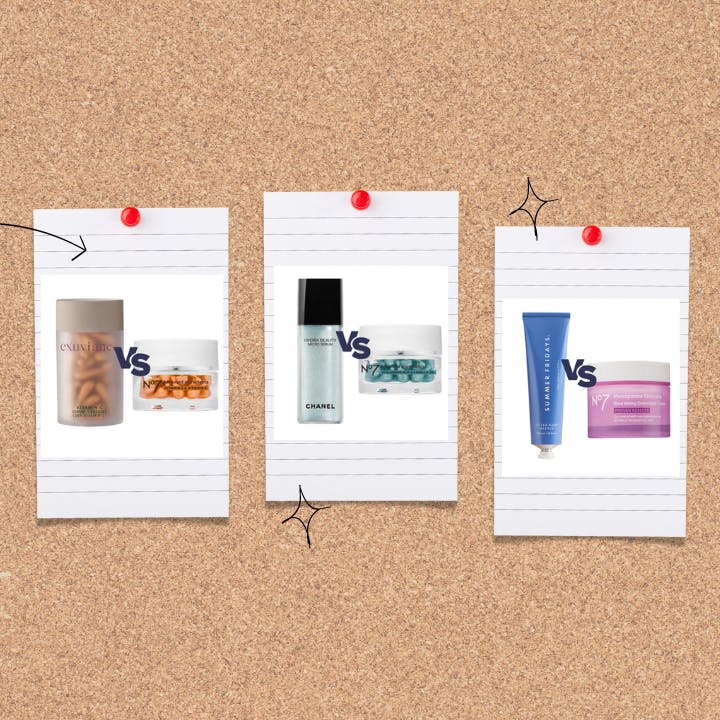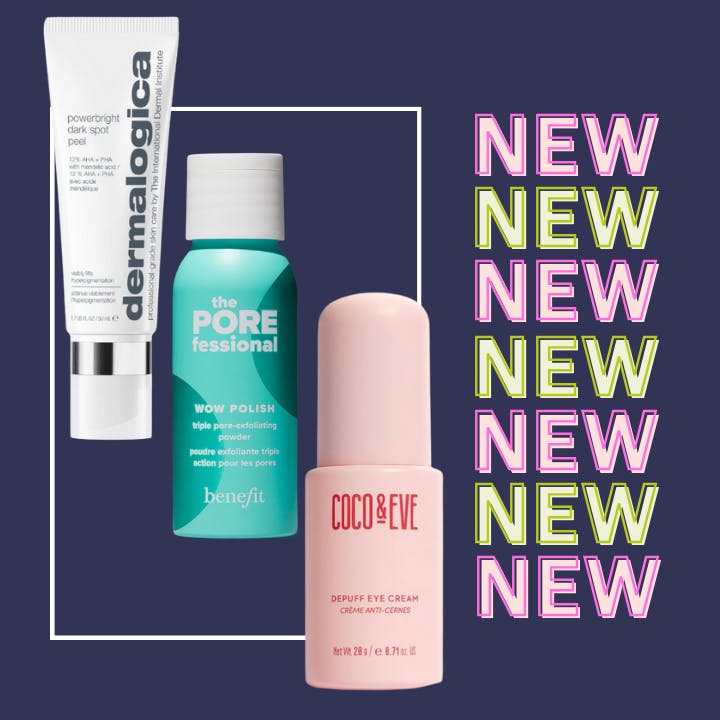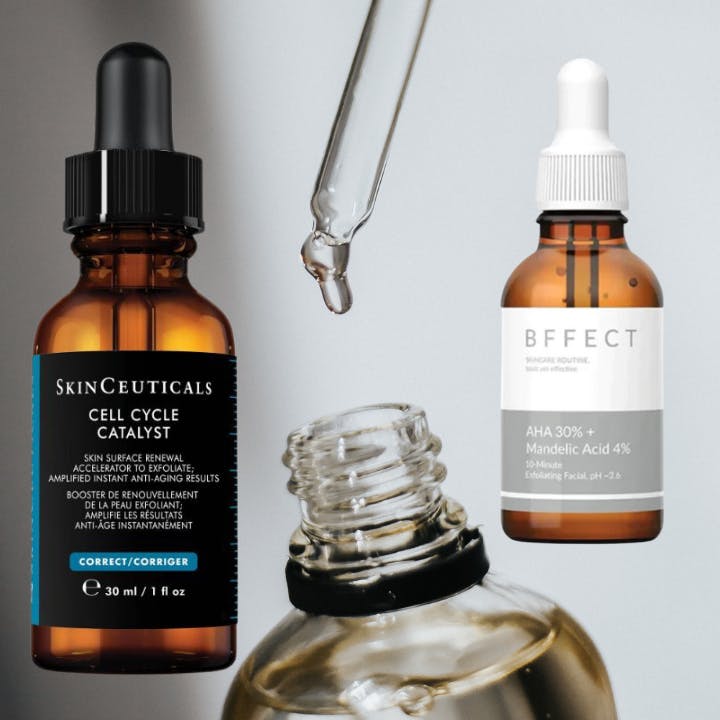Growing affinity for beauty dupes is real and justified
If you have ever purchased a "dupe" skincare product, you will have felt that rush of gratitude that comes from the knowledge that you have purchased something that might be as good as the original but costs a fraction of the price. That feeling can also be known as smugness or wallet-friendly satisfaction. Ah, it's a feeling we can't get enough of.
A recent article from Refinery 29 says different.
Before diving into our response - and boy do we have a lot to say - When we use the word "dupe", what we are referring to is simply a similar alternative for any given product. Yes, that's it. Just a similar alternative. Heck, on our similarity review platform, we also show similar alternatives that are more expensive. So we have a very difficult time with the way this article groups all affordably priced products and brands together into the same category and naming them "beauty dupes". That is massive oversimplication. Affordable skincare brands that function similarly or better to famous and expensive name brands are as diverse as you can imagine - spanning every positioning, value proposition and packaging options.
FOMO is the driver of the multi trillion dollar beauty industry. The thing with the beauty industry is that everyone wants the latest product – the next wonder cream that will give you baby-fresh skin; the miracle mascara that will give you lashes that reach to the sky. These new must-have products are often very very expensive, alienating a whole market full of people that see the ads and the sponsored posts and want to look good too. Finding similar alternative products, makes this dream accessible to everyone, bringing joy to those who would otherwise have had to miss out.
In Defense of Beauty Dupes
The writer at Refinery 29 believes that dupes promote a consumerist culture, feeding into the belief that more is more when it comes to beauty products. At SKINSKOOL, we heartily disagree. Buying a less expensive alternative does not promote consumerism – far from it. Instead, it gives everyone the chance to experience effective beauty at a fraction of the price. Customers are likely to have a higher level of appreciation for their purchase and are less likely to feel the need to upgrade in a couple of weeks’ time.
Perhaps it is the luxury brands that drive the need to shop. It is that familiar feeling that luxury products often don't live up to expectations that has driven consumers to buy product after product. The discovery of similar products at SKINSKOOL help to make beauty more accessible to all. They offer a smarter way to shop.
Refinery 29 goes on to say that a cheaper price point means that customers will buy more. Again, this is unlikely. In our experience, customers tend to choose the cheaper product because they don't want to spend the price of the high-end one, not because they want five products for the same price. A lower price means that they can enjoy the same benefits and features of an expensive product and still finance their other lifestyle needs.
The Ethics of Dupes
Another point that the article made was that dupes tend to come with excessive packaging and increase the amount of waste created by the beauty industry. This seems to ignore the fact that high-end products are more likely to be presented in fancy boxes, with extra ribbons, brochures and paraphernalia in an effort to justify the higher cost. If anything, affordable products are more likely to have less packaging due to having smaller margins. It is often said that the packaging is the most expensive part.
However, the issue of packaging is an important one. As a consumer, it is a good idea to do a little research into any brand that you buy from – dupe or luxury – and make sure that their ethics align with your own.
Painting all affordable brands with the same brush is a theme that runs through most of the ethical points made in the Refinery 29 article. How much a brand does or doesn't do for the environment or sustainability is decoupled with its price point or positioning. Again, do your research for every product that you buy. You might find that some affordalbe brands are actually doing more than the luxury companies.
As more and more shoppers are voting with their dollars and shopping their values, we created SKINSKOOL's similarity review platform to level the playing field. Many of the brand values that people are looking for are not determined by price point. You can now find wallet friendly options containing ingredients that work for your skin and values that work for your conscience.
In Closing
Refinery 29 also states that we should be looking to pare down our beauty regimes, making use of what we already have. This is certainly a great idea for the environment, and that is why using SKINSKOOL to see if you already have a product that compares to the one you're about to buy is amazing. I've stopped myself before from buying yet another hyperpigmentation serum when I saw that the second highest match of the one I was about to buy was actually already on my shelf. Finally, the article states that dupes take away from the great charity work that companies such as Charlotte Tilbury and Benefit do. Again, this seems like a silly argument. Could it also be that customers that shop for affordable beauty brands have now saved some of their disposable income which they could directly then contribute to any charitable projects they might be interested in. That seems like perhaps a more efficient way to be charitable. The beauty industry is huge, with more than enough room for luxury brands and budget brands – they attract two different kinds of consumer.
The main difference is that luxury brands are exclusive, while affordable skincare is inclusive. With SKINSKOOL there is more possibility to find products that fit your needs, budget and values... all based on the ingredients of that FOMO product!




